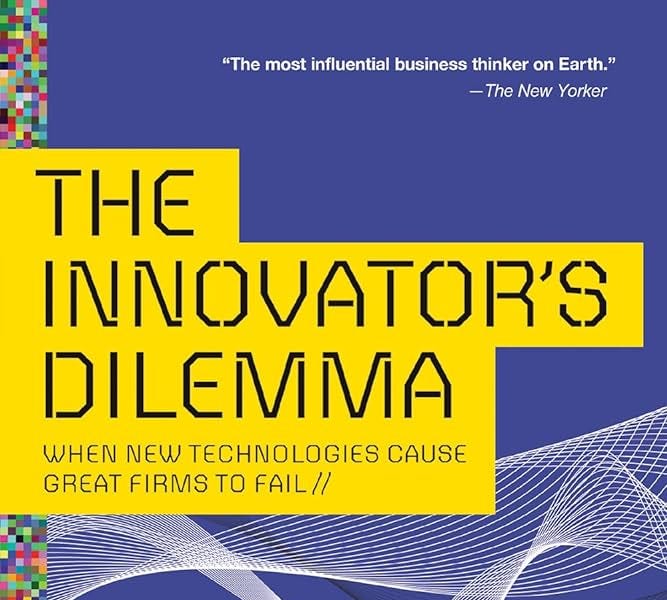Why Innovator’s Dilemma Doesn’t Apply to AI

🌈 Abstract
The article discusses why the "Innovator's Dilemma" framework, popularized by Clayton Christensen, fails to apply to the enterprise AI adoption space. It argues that the incumbents and startups in this space are going after the same markets and customers simultaneously, with no clear speed or information advantages for the startups.
🙋 Q&A
[01] Innovator's Dilemma and Enterprise AI Adoption
1. What is the "Innovator's Dilemma" framework, and why does the author argue it doesn't apply to enterprise AI adoption?
- The "Innovator's Dilemma" framework suggests that incumbents can lose to startups by being late to or ignoring small but fast-growing markets created by technological innovations or new distribution channels.
- The author argues this framework doesn't apply to enterprise AI adoption because:
- Incumbents and startups are going after the same markets and customers at the same time, with no clear dilemma.
- Startups don't have a speed advantage, as enterprise sales cycles are long enough for incumbents to catch up on innovations.
- Incumbents have more information about customer demand than startups.
- Boom and bust cycles are too short for startups to maintain a sustainable advantage.
- There are no new distribution channels for startups to tap into.
2. What are the key reasons the author provides for why the Innovator's Dilemma framework doesn't apply to enterprise AI adoption?
- Both incumbents and startups are targeting the same markets and customers simultaneously, with no clear dilemma.
- Startups don't have a speed advantage due to long enterprise sales cycles.
- Incumbents have more information about customer demand than startups.
- Rapid innovation cycles and short boom/bust cycles make it difficult for startups to maintain a sustainable advantage.
- There are no new distribution channels for startups to leverage.
[02] Challenges for AI Startups in the Enterprise Market
1. What are the key challenges the author identifies for AI startups trying to sell to the enterprise market?
- Startups need to be careful about their go-to-market (GTM) motions and who they are trying to sell to, to avoid inadvertently waking up the incumbents.
- This is difficult when selling any form of software that depends on the internet as a scalable sales channel.
2. What are the author's recommendations for AI startups in the enterprise market? The author does not provide explicit recommendations, but the key challenges identified suggest that AI startups need to:
- Find a good "wedge" or unique value proposition to enter the market
- Secure the right investors and endorsements to become relevant, even if their product is similar to incumbents'
- Be strategic about their GTM approach to avoid directly competing with large incumbents